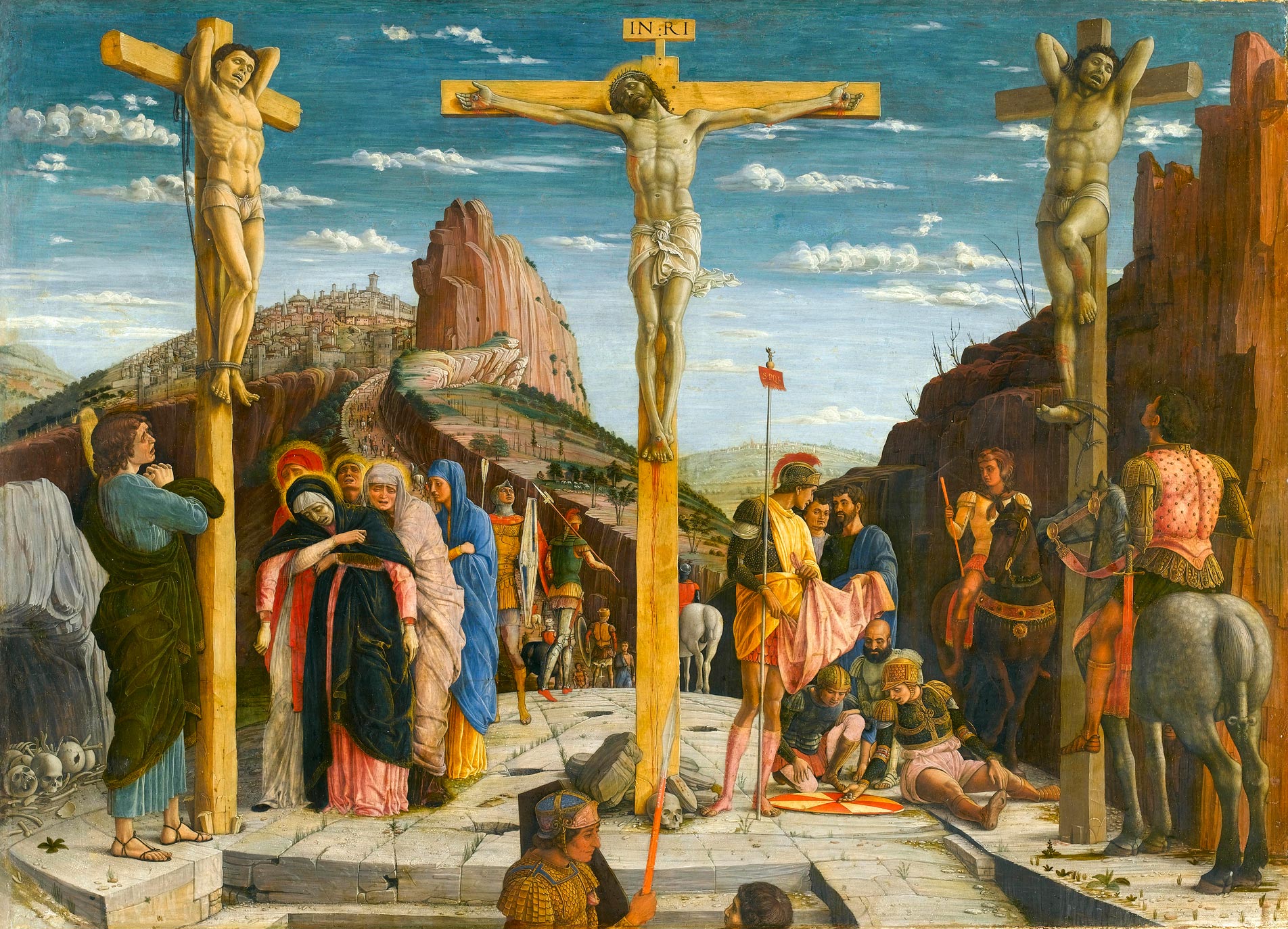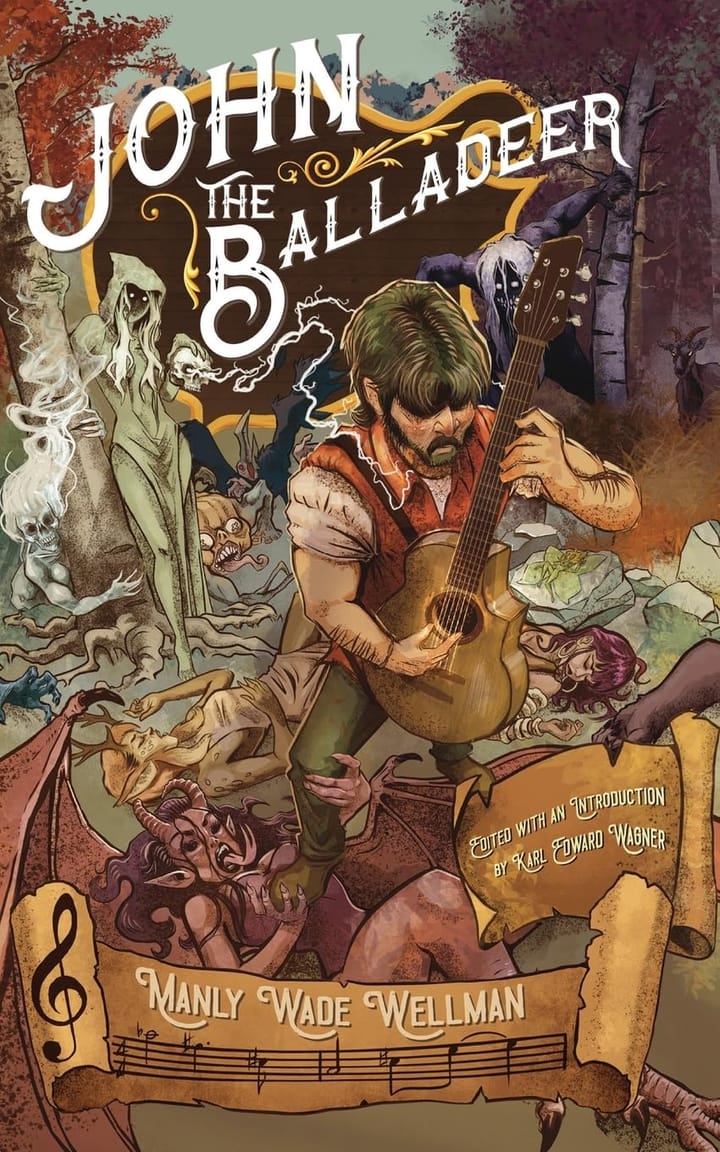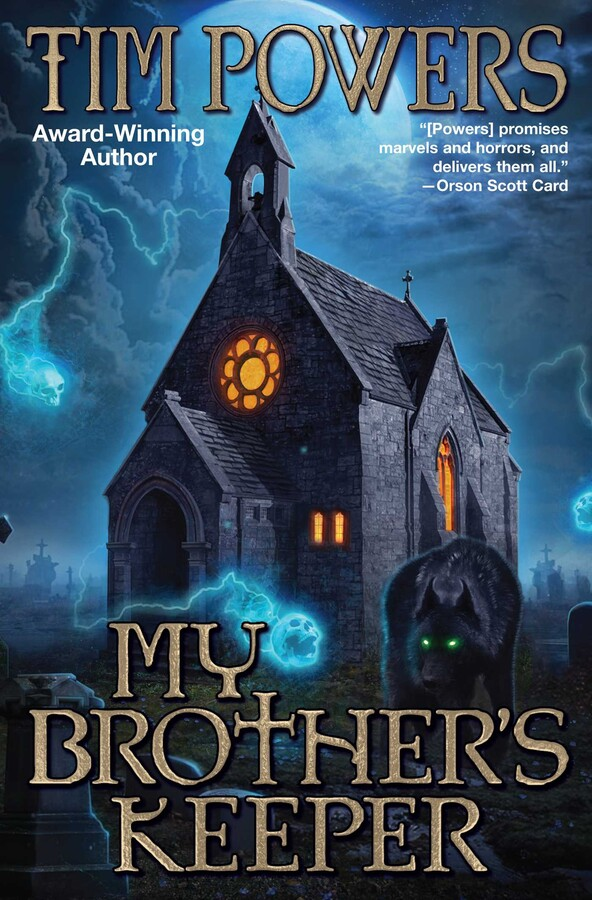The Long View 2006-04-14: Good Friday

Since a lot of bollocks about Christ traditionally appears in Lent, and really ramps up in Holy Week, this is as good a time as any to remind everyone that the Gospels have withstood a century and a half of higher criticism, with the result that something much like the traditional account has now been re-established.
Good Friday
I am reading Raymond E. Brown's posthumously published book, An Introduction to the Gospel of John (Anchor Bible Reference Library) . Fr. Brown was a fair and able exegete (he died in 1998), whose works can be consulted with profit whenever you see headlines proclaiming that our views of the origins of Christianity have just been overthrown by some new documentary discovery. Still, Brown was so much the master of explaining "the state of the question" that to read him is to be reminded of this entry from The Devil's Dictionary:
KKlatchKlatch
That said, though, one notes how thoroughly the consensus about the Fourth Gospel has recovered from the speculations of the Higher Critics of the early 20th century. Certainly this Gospel now gets high marks both for local knowledge of first-century Palestine and for deriving from sources independent of the Synoptic Gospels. Brown's hypothesis about how the this Gospel was composed is still an apparatus with many moving parts: three stages of composition, during the last of which the text we have now was composed by the Evangelist and edited by the Final Redactor. That process was completed, according to Brown, at Ephesus during the reign of the Emperor Trajan (AD 98-116), which is more or less the traditional view. Brown doubts that the Evangelist was the "disciple whom Jesus loved" mentioned in the Gospel, chiefly because of the lack of the use of the first person by the narrator. Brown does suggest, in effect, that the Evangelist was writing something close to an affidavit from that disciple. So, if you want apostalic witness, John's Gospel has the best credentials.
I have never been completely happy with this conclusion. I much prefer the Gospel According to Matthew to John's Gospel. Matthew's pedantic indirection appeals to me both for its sobriety and a sort of dry wit. John, in contrast, is too excited, too neoplatonic. Bultmann used to argue that the Fourth Gospel was essentially a Gnostic text that had to be heavily edited before the wider Church would accept it.
That view was pretty clearly a mistake. There was nothing arbitrary or tendentious about the choice in the second century of the Four Gospels for the canon. The class of Gnostic literature called "gospels" have, for the most part, no interest in a historical person called Jesus, or indeed in anything but their authors' apprehension of the Other World. Some of them are a little like those television commercials for the July 4 auto sales: the actors are dressed like the Founding Fathers and 18th-century fife music plays in the background, but the characters talk to each other about the merits of a certain brand of SUV. Similarly, the Gnostic literature simply appropriates Christian names and themes to talk about something else. All four of the canonical Gospels, in contrast, are pretty much about the same thing.
And no, I have not read The Gospel of Judas, though I may well do so at some point. However, it would never occur to me to expect such a late and speculative work to tell me anything about primitive Christianity. The touting of this Gnostic curiosity by the media suggests either grave duplicity or a high level of ignorance in the nation's editorial offices. Like Dr. Snedeker, we might be best advised to embrace both hypotheses.
Copyright © 2006 by John J. Reilly



Comments ()